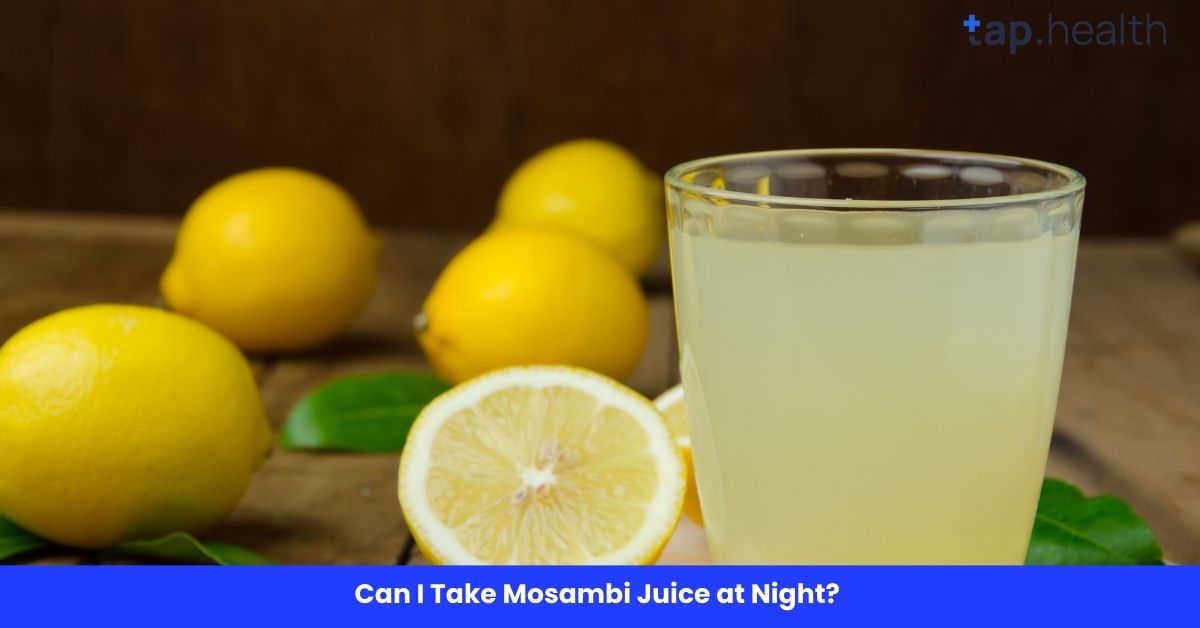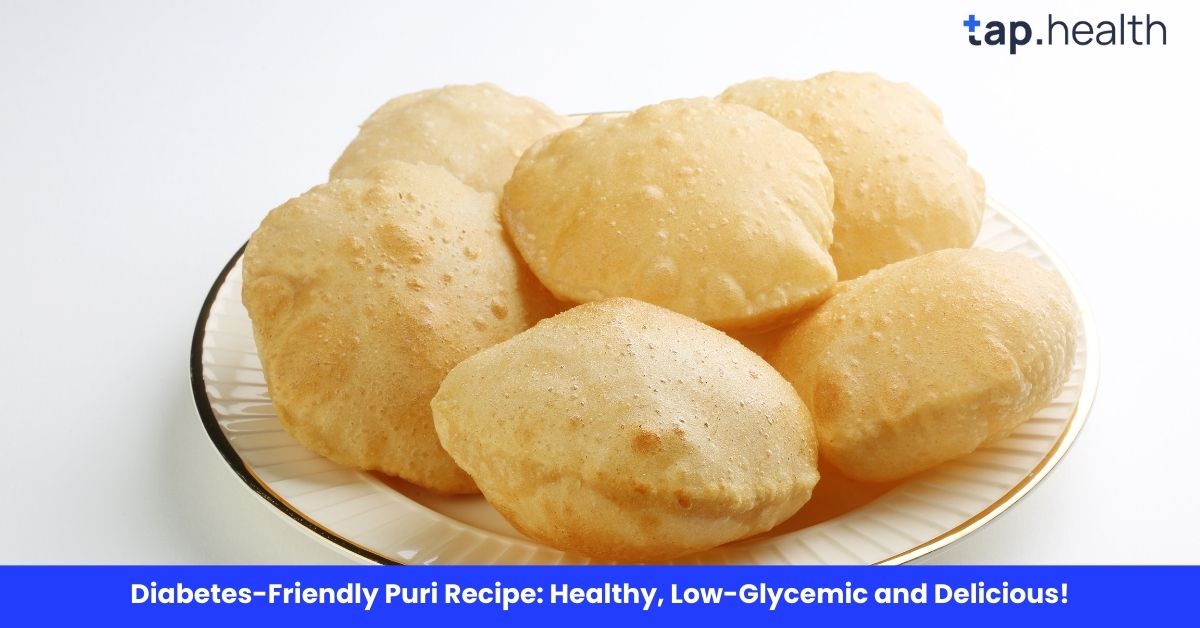Managing diabetes often involves making careful choices about what to eat. Fruits, although healthy, can sometimes raise concerns for diabetics due to their natural sugar content. One such fruit is kharbuja (muskmelon). But is kharbuja good for diabetics? Let’s explore its nutritional profile, potential benefits, and expert recommendations to find out how this delicious fruit can fit into a diabetes-friendly diet.
What is Kharbuja (Muskmelon)?
Kharbuja, commonly known as muskmelon or cantaloupe, is a sweet and juicy fruit loaded with vitamins, minerals, and antioxidants. It is widely consumed during summer for its hydrating and refreshing properties.
Nutritional Value of Kharbuja
Understanding the nutritional profile of kharbuja is key to knowing how it affects blood sugar levels. Below is the approximate nutrient content per 100 grams of muskmelon:
- Calories: 34
- Carbohydrates: 8.2 g
- Sugar: 7.9 g
- Fiber: 0.9 g
- Vitamin C: 36.7 mg (61% of daily value)
- Potassium: 267 mg
- Water content: ~90%
Is Kharbuja Good for Diabetics?
Yes, kharbuja can be a part of a diabetes-friendly diet when consumed in moderation. Here’s why:
1. Low Glycemic Load (GL)
While kharbuja has a moderate glycemic index (GI) of 65, its glycemic load (GL) is low when eaten in reasonable portions. This means it causes a slower and more gradual rise in blood sugar levels.
2. Rich in Fiber
The fiber content in kharbuja helps slow the absorption of sugar, preventing sudden spikes in blood sugar.
3. High Water Content
With nearly 90% water, kharbuja is hydrating and helps flush out toxins, which is beneficial for diabetics.
4. Packed with Nutrients
Muskmelon is rich in vitamin C and potassium, which support overall health and improve immunity — an essential factor for diabetics prone to infections.
5. Supports Weight Management
Low in calories and fat, kharbuja is an excellent choice for diabetics aiming to maintain or reduce weight.
How to Include Kharbuja in a Diabetic Diet
- Portion Control: Stick to a serving size of 100-150 grams to manage sugar intake.
- Pair with Protein: Combine muskmelon with nuts or seeds to slow sugar absorption.
- Timing: Consume kharbuja as a mid-morning or afternoon snack rather than late at night.
Real-Life Scenarios
Case Study 1: Sneha’s Balanced Breakfast
Sneha, a 45-year-old diabetic, includes a bowl of muskmelon with yogurt and chia seeds for breakfast. This combination helps her manage her blood sugar levels while keeping her energized.
Case Study 2: Rajesh’s Post-Workout Snack
Rajesh, a diabetic fitness enthusiast, eats muskmelon slices after his workout. The natural sugars replenish his energy without causing a spike in blood sugar.
Expert Contributions
According to Dr. Meenal Sharma, a nutritionist at Diabetes.org, “Muskmelon is a diabetic-friendly fruit when consumed in moderation. Its high water content and essential nutrients make it a good addition to a diabetes meal plan.”
Recommendations Grounded in Proven Research and Facts
- Moderation is Key
- Overeating kharbuja can lead to a sugar spike. Keep servings small.
- Pair with Low-GI Foods
- Pair muskmelon with protein-rich or fiber-rich foods to lower its glycemic impact.
- Monitor Blood Sugar
- Always check your blood sugar levels after consuming kharbuja to understand your body’s response.
Factual and Reliable Information
Here are some scientifically backed facts about kharbuja and its impact on diabetes:
- American Diabetes Association lists low-GL fruits, including muskmelon, as safe for diabetics in controlled portions.
- A study published in the Journal of Medicinal Food highlights the role of high-water fruits in regulating blood sugar.
FAQs on is kharbuja good for diabetics
1. Can muskmelon raise blood sugar levels?
Yes, if eaten in large quantities. However, moderate consumption has a minimal impact on blood sugar due to its low glycemic load.
2. How much kharbuja can a diabetic eat in a day?
A serving of 100-150 grams is ideal for diabetics.
3. Is muskmelon juice good for diabetics?
Whole muskmelon is better than juice as it retains fiber, which helps regulate sugar absorption.
4. Can kharbuja help with weight loss in diabetics?
Yes, muskmelon is low in calories and high in water, making it great for weight management.
5. Are muskmelon seeds safe for diabetics?
Yes, muskmelon seeds are rich in healthy fats and protein, which can complement a diabetic diet.
Conclusion
So, is kharbuja good for diabetics? Absolutely — as long as it’s consumed in moderation and paired with other low-GI foods. With its hydrating properties, nutrient richness, and low glycemic load, kharbuja can be a delicious and healthy addition to a diabetes-friendly meal plan.
By making informed choices, diabetics can enjoy this sweet and refreshing fruit without compromising their health.
References:
- American Diabetes Association: www.diabetes.org
- Journal of Medicinal Food: Study on Fruits and Glycemic Load
- Narayana Health Blog: Kharbuja and Diabetes



